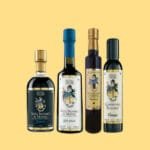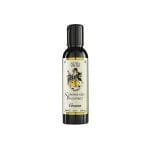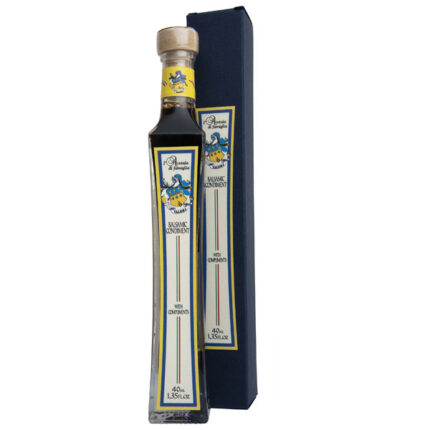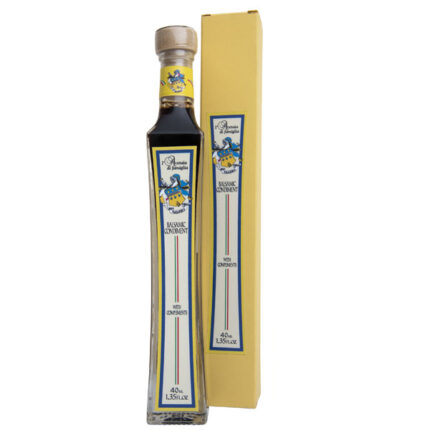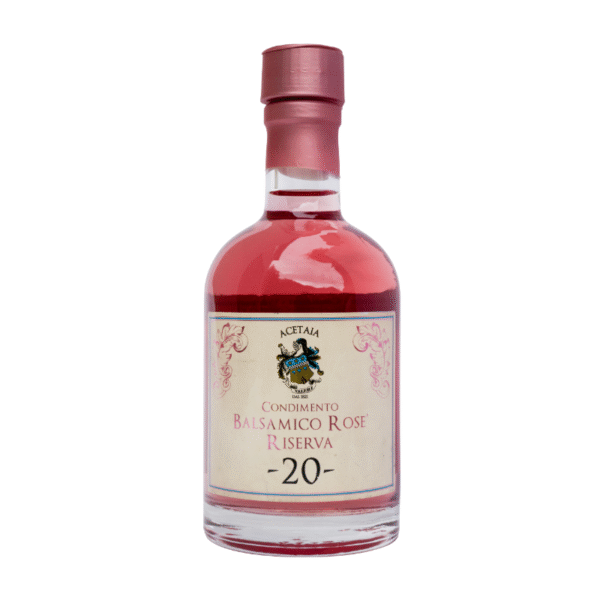“Saba” condiment: A product that has nothing to do with the world of vinegars but must have a place in our product range because it is believed to be the same base that originally contributed to the entire balsamic world. It was always an ancient natural sweetener, so much so that its production and use is found in the writings of ancient Rome, as far back as the 12th century BC in the preparation of sweets, jams, fruit salads and as a flavouring in general. Saba, known in ancient times as “Sapa”, has always been obtained only from grape must cooked slowly in cauldrons, if possible, of copper and over a direct wood fire, in an “open pot” to allow it to evaporate well and remove impurities, up to the required sugar concentration, reducing to one third after about 72 hours of cooking. It is recommended to be used after a slow natural decantation, possibly in not too cold environments during the winter period, to make it clear and densely flowing to enhance the flavours of the musts used in a balanced sweet-and-sour taste, a concentrate with organoleptic characteristics rich in minerals, enzymes and organic acids, all excellent food complements. It keeps well in a not too cold environment, sealed, even for long periods. It is used to make pastries and fillings, on top of ice cream and simply, as we used to do when we were kids, poured into a glass full of snow, known as “the country grenadine”. It was once used to brush cakes before and after baking, to dip polenta or soft cheeses in, or simply enjoyed as a sorbet at the end of a meal.
Condiments: Anything that does not comply with the PDO or PGI specifications, even for just one parameter of that regulation, must be defined differently on the label, hence “Condiment”, distinguishes the product commercially. They are usually obtained from the same production line as Balsamic Vinegar of Modena PGI or as the two PDO products, complete with various aromas acquired in the passages from different casks, to ensure the products have real and alternative balsamic aromas. The seasonings are used following what is already known and recommended for PGI and PDO products but, precisely the more or less evident and original flavourings that they might express, can trigger interesting and diverse sensations on the palate so as to make them a valid alternative for those who like to appreciate, discover and diversify the pleasures of the dining table.




